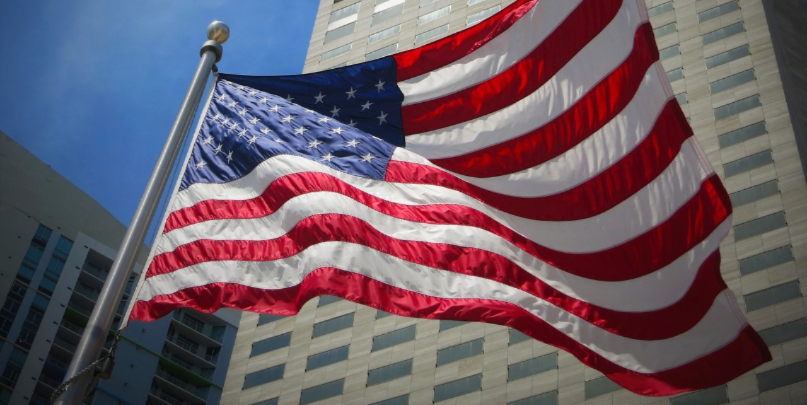Create Time 2019-07-02 12:07 Views:17098

The United States Patent and Trademark Office (USPTO) this morning announced the final rule on its proposed amendment requiring all foreign trademark applicants and registrants to be represented by a United States attorney who is an active member in good standing with the bar of the highest court of a state in the U.S.
Effective August 3, 2019, this new rule aims to protect the integrity of the USPTO trademark application process by enforcing better compliance with U.S. trademark regulations.
Furthermore, law-makers claim this amendment will make the application process more streamlined and cost-effective for both foreign and domestic applicants, by cutting down on time-consuming and costly office actions over incomplete and inaccurate information.
Over the past several years, the USPTO has reported a significant increase in the number of foreign applicants being improperly represented by foreign parties who are not authorized to represent trademark applicants.
As such, many foreign applicants do not receive accurate or complete information about USPTO trademark application requirements — often to the detriment of their filing and to the application system at large.
On a more nefarious level, blatant trademark and patent fraud from foreign applicants is another problem the USPTO has grappled with for the past several years.
USPTO officials anticipate that implementing this rule will also improve the accuracy and reliability of the trademark register by reducing the risk of fraudulent trademark applications.
The number of foreign USPTO trademark applicants has grown exponentially in recent years, with foreign applicants making up 29% of total applicants to the USPTO in 2018. Of that number, 44% of all foreign applicants opted against representation. The result? A massive spike in application inaccuracies and illegitimacies — both accidental and intentional.
Representation by a qualified U.S. attorney on all foreign trademark applications will ensure that more inaccurate or fraudulent submissions are caught prior to the trademark examination stage, a step in the registration process that is already severely backlogged due to the burden of protecting applicants, registrants and ultimately, American consumers.
For trademark application and registration documents submitted prior to August 3, 2019, if the application is complete, accurate and requires no further action, the USPTO will not require a U.S. attorney to represent the applicant and will simply approve the application and move it forward for publication.
However, if trademark documents submitted prior to the effective date of this rule do require further action on the part of the applicant or registrant, the USPTO will issue an office action, for which the applicant or registrant will be required to obtain representation from a U.S. attorney.
As of August 3, 2019, foreign applicants who first submitted trademark applications through the International Bureau (IB) of the World Intellectual Property Organization (WIPO) will be required to appoint a qualified U.S. Attorney for the USPTO.
That said, the USPTO will waive the U.S. attorney requirement prior to publication for a small portion of Madrid applicants who have already satisfied all statutory regulations, until the Madrid system is updated to incorporate the designation of a U.S. attorney.
Fortunately for Canadian trademark holders and applicants, the USPTO will continue to recognize Canadian trademark attorneys and agents, as well as Canadian patent agents already registered with the USPTO to practice trademark and patent laws before the USPTO.
Reciprocal Canadian attorneys and agents may continue to represent Canadian USPTO applicants and registrants, provided that they remain registered and in good standing in Canada.
For more information about trademarks and other breaking news stories, keep an eye on our industry news platform and trademark blog for future updates.
Disclaimer: This website is not intended to offer legal advice or to be a substitute for a consultation on a case-by-case basis with an attorney. The information provided above is meant for informational purposes only and may be subject to change.
© 2019 Witmart, Inc. All Rights